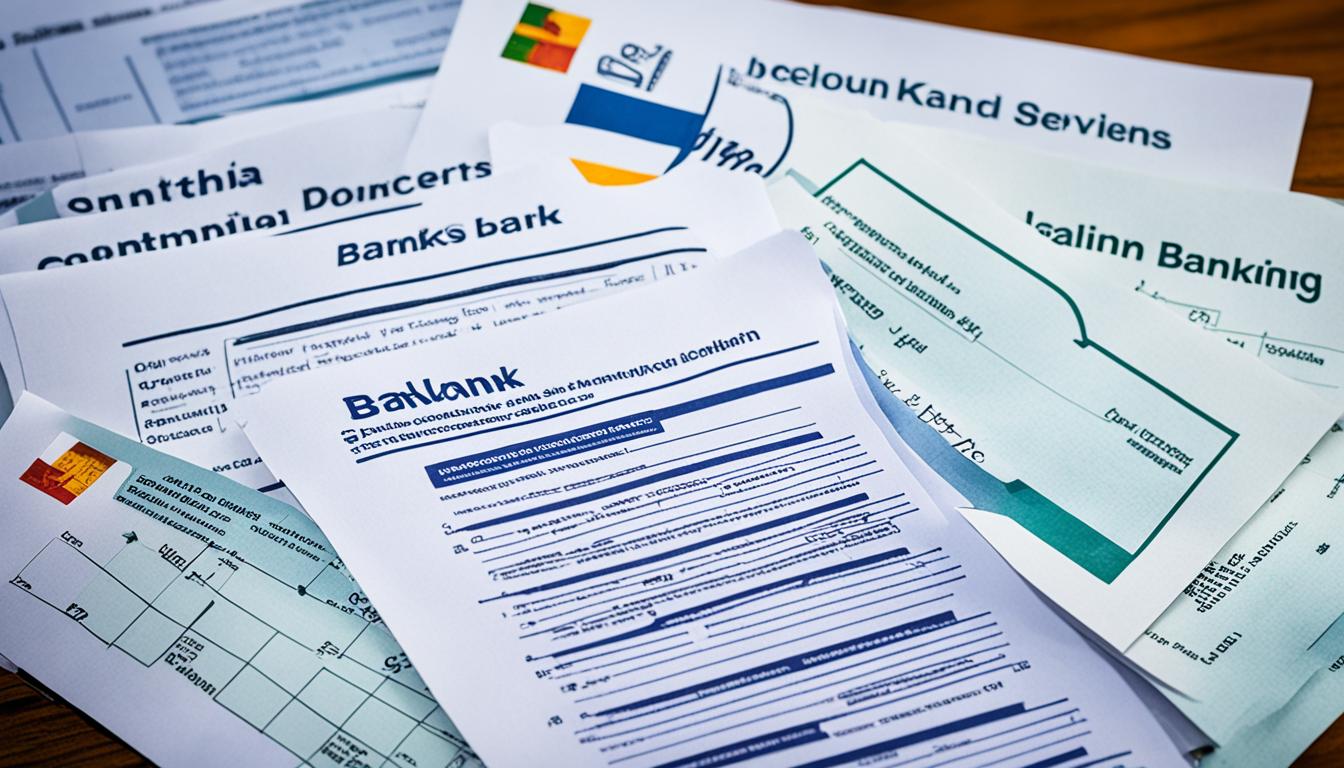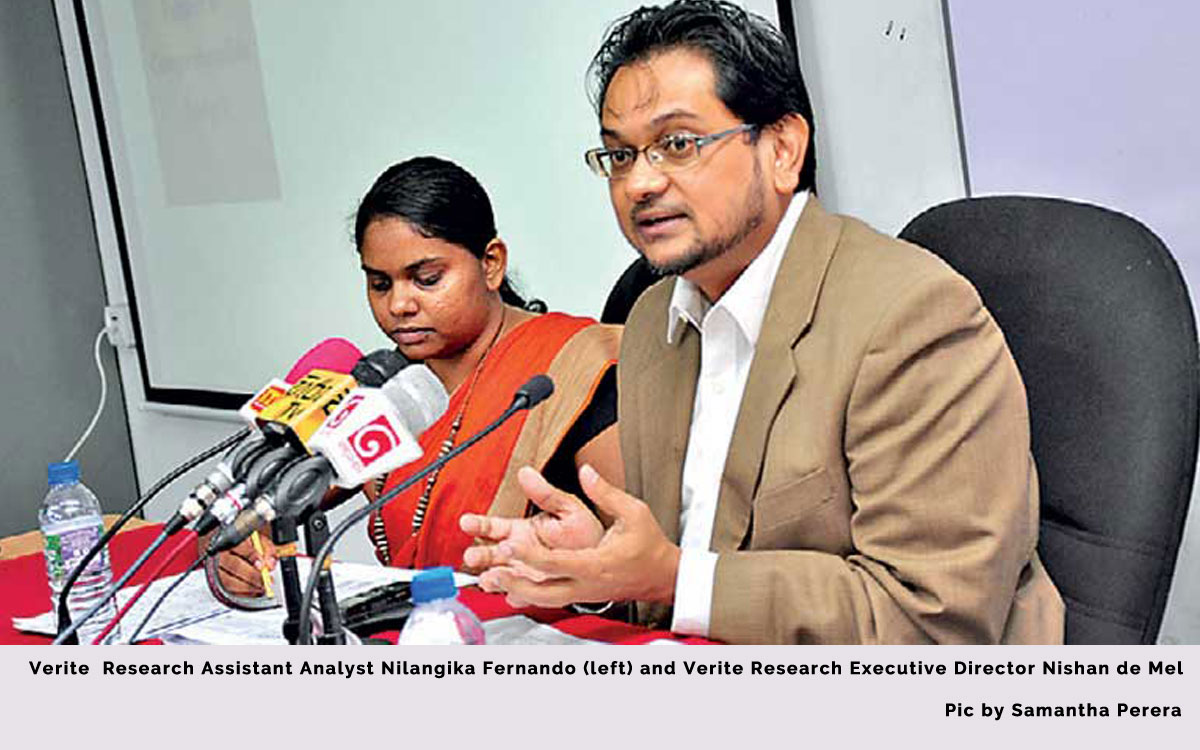The heart of Sri Lanka’s economic recovery beats in the resilience of its small businesses. Amidst ongoing financial crises and the aftermath of a global pandemic, small businesses in Sri Lanka are emerging as crucial players in igniting SME growth and bolstering post-Covid-19 economic resilience. Considering the dynamic landscape of Sri Lanka economic challenges, it is the agility and adaptability of these SMEs that offer a beacon of hope for the country’s recovery and future prosperity.
Key Takeaways
- SMEs are pivotal for the economic resurgence of Sri Lanka.
- Small businesses have shown impressive resilience post-Covid-19.
- Economic challenges continue to be addressed through SME sector growth.
- Interest rate hikes pose significant hindrances to small business operations.
- Sri Lanka looks towards SMEs as a fundamental component of its economic strategy.
Impact of Monetary Policy on Small Businesses and Economic Growth
In recent times, the Sri Lankan economy has faced an array of formidable obstacles, with the implementation of rigorous monetary policy having a pronounced monetary policy impact. The economic landscape has experienced considerable shifts owing to the strategic decisions of the Central Bank. This institution’s choice to escalate interest rates significantly, in a bid to perform inflation mitigation, has inadvertently propagated additional SME challenges. The repercussions of such financial adjustments are manifold, and their effects upon the local economy have been wide-reaching.
The brunt of these interest rate effects has been squarely on the shoulders of Sri Lanka’s small and medium-sized enterprises. These entities form the backbone of the nation’s economic engine yet have stumbled under the weight of heightened borrowing costs. The ripple effect of this scenario extends beyond corporate balance sheets, influencing the daily realities of employees and communities at large. Consequently, an economic contraction ensued, exacerbating the difficulties faced by both entrepreneurs and consumers alike.
Acknowledging the detrimental outcomes, industry specialists have put forth alternative strategies. These include the suggestion of a stringent reduction in governmental expenditures that could operate in tandem with the recalibration of monetary policy. Such fiscal conservatism, complemented by the bolstering of SMEs through targeted support, would be pivotal in navigating the country towards economic wellness. A recalibration of interest rates, purportedly urgent, would alleviate the fiscal distress sustained by enterprises and facilitate a smoother transition towards enterprise solvency and economic growth.
In conclusion, as Sri Lanka grapples with complex economic realities, the interplay between monetary policy impact, interest rate effects, and inflation mitigation remains a crucial balancing act. The Central Bank’s strategies, along with governmental policy maneuvers, will continue to shape the prospects of SMEs and the overarching trajectory of the Sri Lankan economy. It is a tale of resilience and adaptation in the face of fiscal tribulations, with the steadfast goal of achieving sustainable economic growth.
Small businesses remain catalyst for Sri Lanka’s economic recovery
As the cornerstone of the Sri Lankan economy, small and medium enterprises (SMEs) play a fundamental role in fostering sustainable growth and employment. The need for effective SME recovery strategies has never been more urgent, as these businesses are critical in stabilizing and advancing the nation’s economic landscape in the aftermath of recent challenges.
Addressing High-Interest Challenges for SMEs
In addressing the financial burdens SMEs face, a nuanced approach to interest rate dynamics is necessary. The reduction of prohibitive interest rates is a tangible way to alleviate the pressures on these essential economic engines. With the Central Bank’s initiative to mandate lower interest rates, a more favorable environment could be fostered for SME growth and solvency.
Employment Generation and Poverty Reduction Strategies
- Strengthening SMEs as a means to bolster the labor market and create Sri Lanka employment solutions.
- Providing job opportunities through SMEs, which can lead to substantial poverty alleviation.
- Encouraging entrepreneurship to diversify income sources and reduce dependency on limited employment sectors.
The Role of the Central Bank and Interest Rate Adjustments
The Central Bank role is pivotal in shaping economic outcomes for SMEs. Proactive measures such as fine-tuning interest rate policies can stimulate business investments and consumer spending, pivotal for the nation’s economic resurgence. Anticipation of further interest rate adjustments can provide a beacon of hope for small business owners navigating the path to recovery.
Strategic Measures for Sustainable Economic Stability
To foster a resilient and progressive economic landscape, Sri Lanka must adopt sustainable economic policies that emphasize fiscal prudence, effective revenue collection, and rationalized state expenses. This calls for a fiscal consolidation strategy aimed at reducing government debt to manageable levels while ensuring that the economy continues to grow. A critical aspect of this consolidation is assessing current financial obligations, particularly domestic interest payments and government wages, which outpace total government revenue. Thus, implementing measures to reduce these expenditures is not just preferable but necessary for the financial health of the nation.
Revitalizing the bedrock of the country’s economy, the SME sector, is indispensable for broader economic revival. SME revitalization initiatives should support these enterprises in increasing their competitiveness and capacity for innovation. The strategic step involves providing tailored financial services, technical assistance, and market access to small businesses, encouraging them to thrive and contribute to national prosperity. This approach ensures not only short-term economic stimulation but also long-term stability and growth, fostering an environment where sustainable development is achievable.
Fiscal responsibility extends to the size and efficiency of the government workforce. Sri Lanka’s disproportionately large government service hampers efficiency, starkly contrasting with the more streamlined public sectors in countries such as India and Japan. Remedying this requires thoughtful strategic divestment, streamlining the government apparatus to bolster operational efficiency and service delivery. Achieving debt sustainability is integral to restoring Sri Lanka’s financial standing, enabling the government to invest in critical areas such as infrastructure, education, and health, which are fundamental to economic development and societal well-being. With these strategic measures, Sri Lanka can set the stage for a robust economic future, anchored by stability and inclusive growth.












